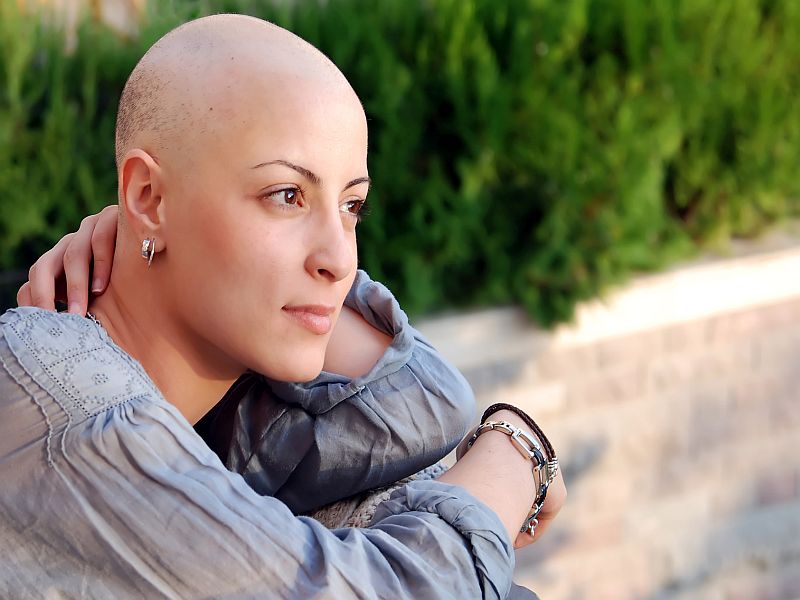Most Americans Fear Cancer, but Feel Powerless to Prevent It: Survey

FRIDAY, Nov. 1, 2019 (HealthDay News) -- While 6 in 10 Americans say they're concerned about developing cancer, only 1 in 4 make cancer prevention part of their daily lives, a new online survey reveals.
Roughly a quarter think there's nothing they can do to prevent it. But the American Society of Clinical Oncology (ASCO) says as many of half of cancer cases are preventable.
"Tobacco use, diet, sun exposure, alcohol consumption, and other lifestyle choices can have a major impact on people's risk of developing many common cancers, or of cancer recurring," said Dr. Richard Schilsky, ASCO's chief medical officer.
"While it's never too late to make healthy choices, it's most critical for young people to take action to reduce their cancer risk, since it can take decades for the disease to develop," he added in a society news release.
ASCO's third annual cancer opinion survey included 4,001 U.S. adults and an additional 814 adults with cancer.
It found low levels of awareness about cancer risks.
Thirty-six percent of respondents were aware that obesity increases cancer risk, and 31% knew alcohol does. And, despite a lack of evidence, a substantial minority think artificial sweeteners (28%), cellphones (16%) and caffeine (9%) cause cancer.
Nearly a quarter of 18- to 38-year-olds surveyed consider e-cigarettes harmless and not addictive, and 3 in 10 say flavored e-cigarettes pose a lower health risk than non-flavored ones.
While 81% say much information about cancer causes is available, most have trouble determining what is credible. Two-thirds are unsure which sources to trust, and a similar number are confused about the most important steps to reduce their cancer risk.
While 24% of respondents have searched online for ways to reduce their risk, only about one-fifth say they have talked to their doctor about their risk or ways to reduce it.
"Our survey helps us better understand Americans' views on a range of cancer-related issues and exposes areas that are important to address," said ASCO President Dr. Howard Burris III in the release. "This year's findings raise concerns about the current state of cancer prevention in America, and strongly support the need for more education on the topic, beginning at a young age."
While 91% say it's important for doctors and cancer patients to discuss end-of-life care, few of those affected by cancer say they have done so.
That includes 26% who have cancer or have had it; 22% who have or have had a loved one with cancer, and 35% of cancer caregivers.
"It's critical to plan ahead for end-of-life care in the advanced stages of cancer or any disease," Schilsky said. "Physicians and patients should discuss all of the available care options and develop a plan that reflects patients' wishes and goals. This can ease the emotional and may even reduce the financial burden for patients and their loved ones."
More information
The U.S. National Cancer Institute has more on cancer prevention.

The news stories provided in Health News and our Health-E News Newsletter are a service of the nationally syndicated HealthDay® news and information company. Stories refer to national trends and breaking health news, and are not necessarily indicative of or always supported by our facility and providers. This information is provided for informational and educational purposes only, and is not intended to be a substitute for medical advice, diagnosis, or treatment.

